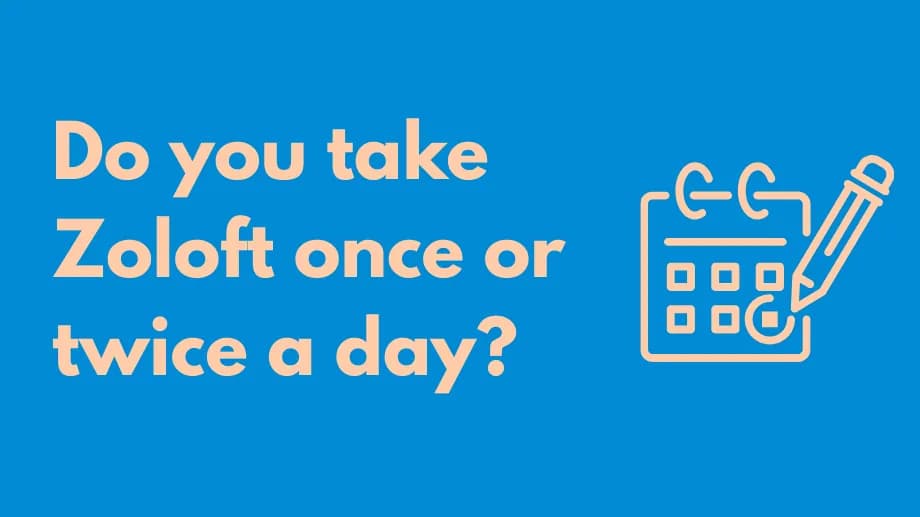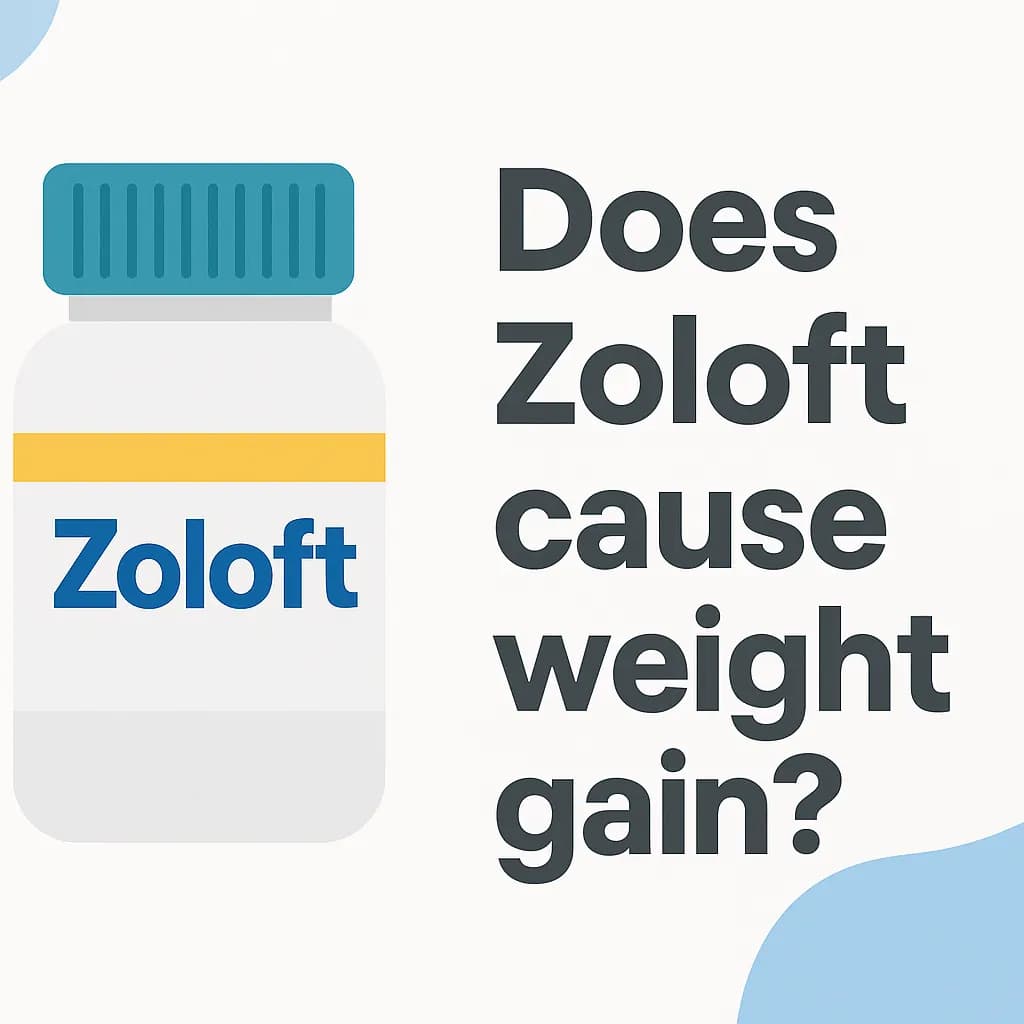What is Obsessive Compulsive Disorder (OCD)?
Obsessive-compulsive disorder (OCD) is a mental health condition characterized by persistent, unwanted thoughts (obsessions) and repetitive behaviors or mental acts (compulsions) that you feel driven to perform. These behaviors, such as hand washing, checking, or counting, can significantly interfere with daily life.
OCD affects about 2–3% of people in the United States, slightly more women than men. It often begins in childhood, adolescence, or early adulthood and usually persists in a chronic pattern, with symptoms that come and go over time.
What causes OCD?
Genetics
OCD often runs in families. If a parent or sibling has it, your risk increases. Twin studies suggest a hereditary link.
Neurological factors
Differences in brain areas involved in decision-making, emotional regulation, and habit formation may play a role.
Environmental factors
Traumatic or stressful events, illness, or significant life changes can trigger or worsen symptoms. In children, certain infections (PANDAS) may be involved.
Psychological factors
Learned behaviors—performing a ritual to reduce anxiety—can reinforce compulsions. Misinterpreting intrusive thoughts as dangerous also contributes.
Personality factors
Traits like perfectionism, a strong need for control, and heightened responsibility may increase vulnerability.
What are the symptoms of OCD?
Obsessions
- Contamination fears (germs, illness)
- Worries about causing harm
- Need for symmetry or order
- Intrusive thoughts about religion, sexuality, or violence
- Excessive doubt and intolerance of uncertainty
- Perfectionism and fear of losing things
Compulsions
- Washing and cleaning
- Checking locks, appliances, or personal items
- Counting or repeating routines
- Ordering and arranging objects
- Mental rituals (silent repetitions, prayers)
- Hoarding items due to fear of needing them
These behaviors can consume hours each day and impair work, school, and relationships.
How is OCD diagnosed?
Diagnosis is based on the DSM-5 criteria and involves:
- Presence of obsessions, compulsions, or both
- Symptoms take more than one hour per day or cause significant distress
- Symptoms are not due to a substance or other medical condition
- Exclusion of related disorders (e.g., tic disorders, hoarding disorder)
A mental health professional conducts a detailed clinical interview and may use questionnaires or rating scales to assess severity.
How is OCD treated?
Cognitive-Behavioral Therapy (CBT)
Exposure and Response Prevention (ERP) is the gold standard. You face triggers without performing compulsions, which reduces anxiety over time. Therapy progresses from less to more challenging exposures.
Medications
Selective serotonin reuptake inhibitors (SSRIs) are first-line:
- Fluoxetine (Prozac)
- Sertraline (Zoloft)
- Fluvoxamine (Luvox)
- Paroxetine (Paxil)
- Citalopram (Celexa)
- Escitalopram (Lexapro)
Clomipramine (Anafranil), a tricyclic antidepressant, may be used if SSRIs are not effective.
Other therapies
- Acceptance and Commitment Therapy (ACT)
- Mindfulness-Based Cognitive Therapy (MBCT)
- Family therapy and peer support groups
Advanced treatments
- Deep Brain Stimulation (DBS) for treatment-resistant cases
- Transcranial Magnetic Stimulation (TMS) as an add-on
Lifestyle and self-care
- Regular exercise, yoga, or meditation
- Balanced diet and adequate sleep
- Stress management techniques
Sources
- National Institute of Mental Health. Obsessive-Compulsive Disorder. Accessed August 5, 2024.
- National Alliance on Mental Illness. Obsessive-compulsive disorder. Accessed August 5, 2024.
- Merck Manual: Professional Version. Obsessive-Compulsive Disorder (OCD). Accessed August 5, 2024.
- American Psychiatric Association. What Is Obsessive-Compulsive Disorder? Accessed August 5, 2024.







